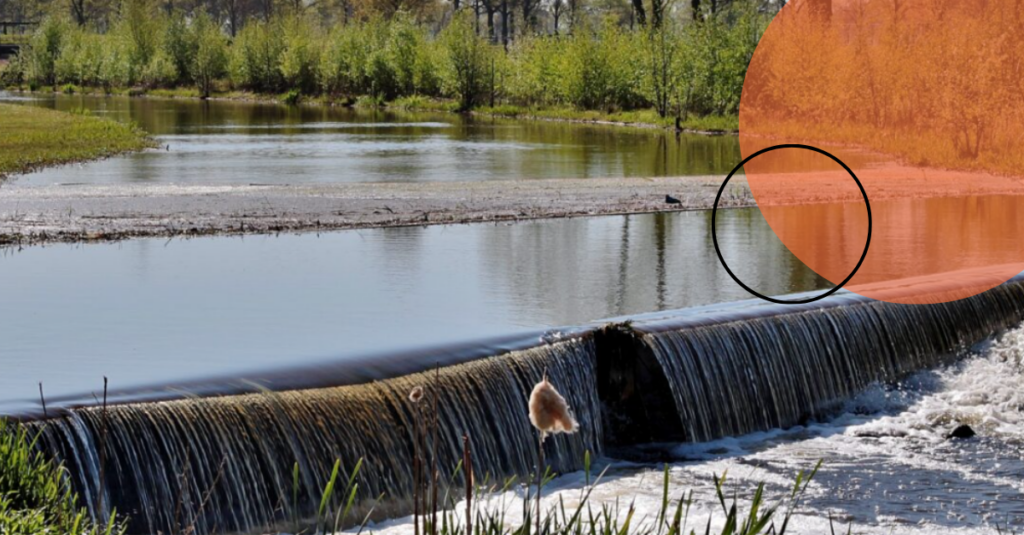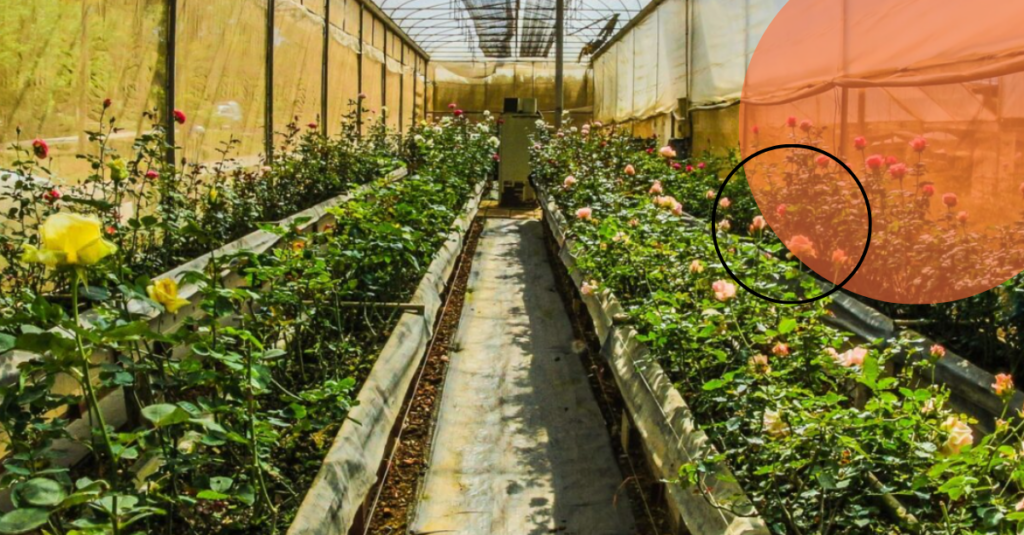How do we arrive at circular solutions that benefit both urban and rural areas? This is the main driver of the research programme Urban-Rural Circularity.
High water consumption in the city leads to a water shortage in other areas. Waste separation ‘here’ requires waste disposal ‘there’. A wind farm generates sustainable energy for residents in the city, but negatively affects the landscape. What is good for the city often comes at the expense of the countryside, or vice versa.
The mission of the hub Urban-Rural Circularity is to accelerate the transition to circular regions in line with the Dutch national goals for Circular Economy (100% circular in 2050). More specifically, the hub aims to increase circularity in regions by developing and implementing systemic circular solutions that benefit both urban and rural areas.
Circular Regions
In a circular region, circularity influences all aspects of development, from policies and infrastructure to spatial planning and economic strategies. Systemic solutions are implemented with justice and planetary boundaries at their core, ensuring sustainable outcomes for both people and the planet. Resources are reused and retain their value for as long as possible, while energy and materials are sourced from renewables, eliminating waste entirely.
Supply chains are shorter and more diverse, prioritizing local and sustainable production. Social cohesion and community engagement are actively nurtured, creating stronger, more connected communities. Economic activities are designed to complement natural systems, fostering a synergy that benefits both the economy and the environment.
This holistic approach makes circular regions more self-sufficient, adaptable, and resilient to challenges such as climate change, natural disasters, and economic disruptions.
Five Research Themes
Our research line Urban Rural Circularity accelerates research and development in five interconnected and socially relevant themes
Within each research theme, deep dives are carried out in the form of sub research projects, case studies and student challenges in which solutions are researched, developed, and validated. The research projects and case studies can be initiated by EWUU institutions researchers or by stakeholders like government organizations.
On top of this, we stimulate systemic research projects that combine thematic knowledge to develop systemic circular solutions.
- New Economic, legal and governance models for circular regions
- Spatial Strategy & Planning for Circular Regions
- Circular materials and designs – regional resource management
- Circular & Healthy Food Systems
- Circular Water Systems

Highlighted Projects

Using landscape-thinking to close loops regionally
This project envisions the transformation of food systems into regionally embedded, landscape-based, circular systems.

Re-Inventing Wastewater for Rural-Urban Circularity
Co-Creating Pathways for the Water, Energy and Food Nexus in the Amsterdam Metropolitan Area.

Collaborative Circular Residency Network: research and implementation of circular, nature-based designs.

Transitioning to circular food systems, emphasizing the tensions between circularity and inclusivity.
-> Take a look at more projects
Interested in Collaboration?
Engagement with public and private stakeholders ensures dissemination of evidence-based practices and support for policies that promote circular solutions. Are you a student or researcher at Eindhoven University of Technology, Wageningen University & Research, Utrecht University and University Medical Centre Utrecht, and would you like to join our research within the Urban Rural Circularity theme? Or are you a stakeholder with an idea for a new project? Please contact us.